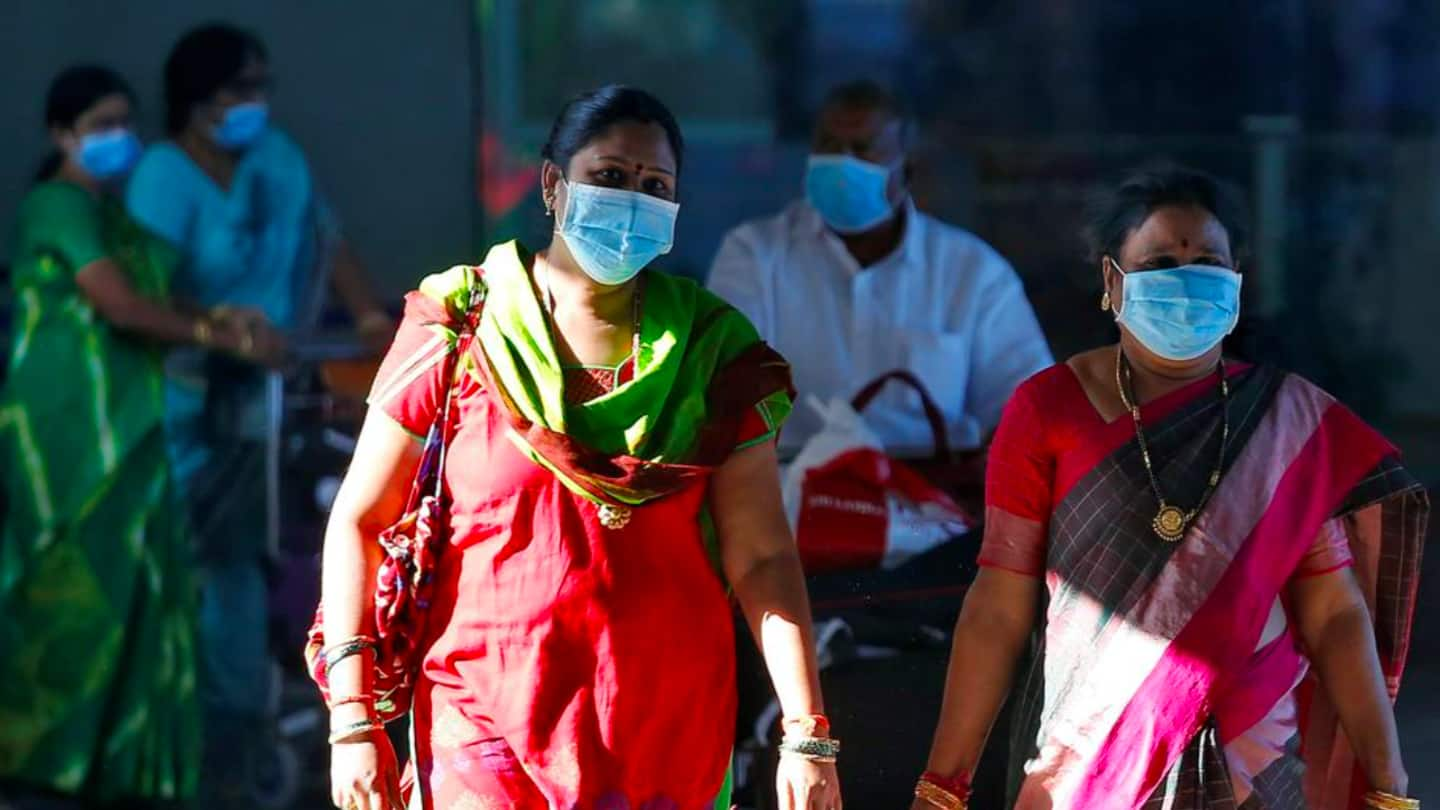
How Bengaluru managed to keep its COVID-19 numbers low
What's the story
In India, around 40% of all coronavirus infections have been concentrated in metropolitan cities.
Maharashtra's Mumbai is India's worst-hit city with 61,587 cases and 3,244 deaths till Wednesday.
Delhi has reported 47,102 cases with 1,904 deaths while Chennai in Tamil Nadu has 35,556 cases with 461 deaths.
However, the Bengaluru city in Karnataka has proven to be an outlier, with just over 800 infections.
Outbreak
Bengaluru's COVID-19 tally lowest among cities with 1 crore-plus population
Among cities with a population of over 1 crore, Bengaluru has reported the least number of infections. The city had reported 827 cases with 43 deaths till Wednesday.
Bengaluru is now being hailed for its handling of the coronavirus crisis as the outbreak continues to worsen in other major cities.
Let's take a look at what the city managed to do right.
Early start
Bengaluru started stringent testing, tracing early on
According to an analysis conducted by a surveillance and research group constituted by the ICMR National Task Force for COVID-19, Karnataka had tested 93 contacts per confirmed case between January 22-April 30.
In comparison, the national average was 20, while Maharashtra and Delhi respectively tested only 8 and 9 contacts per confirmed case.
The primary and secondary contacts were also shifted to institutional quarantine.
Quote
'We did random sampling by factoring mobility of people'
Hephsiba Rani, Bengaluru's COVID-19 war room in-charge, told The Indian Express, "We did random sampling by factoring mobility of people in relation to a positive case—to figure out whether the infection had spread to other streets or whether it was confined to where the person lived."
BBMP's Chief Health Officer Dr. BK Vijendra added, "We shut the big markets early in the first lockdown."
Tracking
Contact tracing, quarantining measures remain on track
According to TIE, epidemiologists said Bengaluru continues to quarantine positive cases and identify contacts within 24 hours of a positive test result.
Biocon Executive Chairperson Kiran Mazumdar Shaw told The Print that government volunteers monitored which people were buying cough medication, paracetamol or antibiotics and asked why they were taking those medicines.
"It was followed up to the minutest details," said Shaw.
Lockdown
Bengaluru also imposed lockdown ahead of nationwide lockdown
BBMP Commissioner BH Anil Kumar said the city had also enforced a lockdown on March 14, well before the nationwide lockdown on March 25.
Kumar told The Print, "The strict lockdown helped in controlling the spread; it also helped in tracing the primary and secondary contacts of the affected patients, thus reducing any possibility of community spread."
Tech
Six apps assisted COVID-19 management
Further, Bengaluru relied on as many as six apps to help with contact tracing, quarantine watch, tracking new arrivals, monitoring critical patients, etc.
For example, the contact tracing app contains records of all patients, allowing those on ground to identify and quarantine contacts with ease. The quarantine watch app requires persons to upload selfies to the app every two hours to ensure no violations.
Quote
'Early decisions to establish COVID-specific hospitals extremely helpful'
Manipal Hospitals Chairperson Dr. H Sudarshan Ballal told The Print, "Early decisions to set up COVID-specific hospitals and not mix COVID and non-COVID patients were extremely helpful."
He added, "Constant dialogue with private health players and many joint initiatives like setting up fever clinics, virtual consultations, E-ICU's for district hospitals as part of the PPP-model helped manage the situation better even in the peripheries."
Concerns
Infections have risen since lockdown was eased
However, since the lockdown was eased, infections have started to rise in Bengaluru.
From March 8-May 31, the city had reported 358 cases (including 10 deaths), but from June 1-17, 469 cases and 33 deaths were reported.
In Bengaluru, 64,000 tests have been conducted so far. Concerns have been raised about how Karnataka's testing rate has dropped from 15,000 tests/day to just over 7,000.
Recent developments
17 task forces deployed to control COVID-19 situation
On Monday, the government constituted 17 task forces, headed by IAS officers, to control the coronavirus situation in Bengaluru.
The next day, Karnataka Medical Education Minister Dr. K Sudhakar also announced several measures including dedicating COVID-19 hospitals for symptomatic cases while treating asymptomatic cases in other facilities such as hotels.
The minister has also sought a patient-flow plan between hospitals.